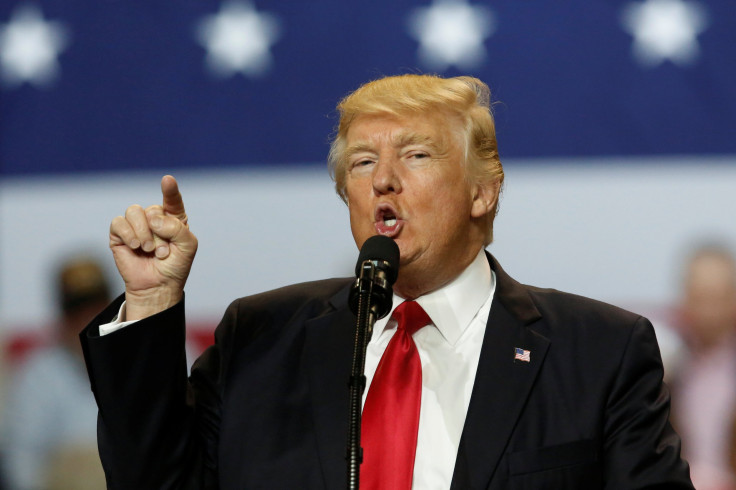Trump Travel Ban News: Hawaii Judges Extends Restraining Order Indefinitely

Hawaii District Judge Derrick Watson on Wednesday extended his ruling that blocks President Donald Trump's revised travel ban, by granting a motion by the state to turn his earlier temporary restraining order into a preliminary injunction. Watson had imposed a temporary halt on Trump's modified executive order March 15.
AG Chin re court's order converting TRO to PI: "This is an important affirmation of the values of religious freedom enshrined in our (1/4)
— Hawaii AG Holly T. Shikada (@AtghIgov) March 30, 2017
"...Constitution’s First Amendment. With a preliminary injunction in place, people in Hawaii with family in the six affected (2/4)
— Hawaii AG Holly T. Shikada (@AtghIgov) March 30, 2017
"...Muslim-majority countries – as well as Hawaii students, travelers, and refugees across the world – face less uncertainty. (3/4)
— Hawaii AG Holly T. Shikada (@AtghIgov) March 30, 2017
"While we understand that the President may appeal, we believe the court’s well-reasoned decision will be affirmed.” (4/4)
— Hawaii AG Holly T. Shikada (@AtghIgov) March 30, 2017
Trump's executive order has been criticized for targeting Muslim-dominated countries and called a 'Muslim ban,' an accusation the president has routinely denied. After hearing arguments Wednesday in Honolulu, Watson agreed that the president's policy was clearly discriminating against Muslims and was also damaging to the state's economy which largely depends on tourists. State Attorney General Douglas Chin told Watson the revised ban was like a "neon sign flashing 'Muslim ban, Muslim ban' that the government didn't bother to turn off," according to NBC affiliate Hawaii News Now.
"We do not fault President Trump for being politically incorrect. We fault him for being constitutionally incorrect," Chin said in his opening arguments to the court Wednesday, Hawaii News Now reported.
Watson's earlier temporary halt of Trump's revised travel ban on March 15 was in response to a lawsuit from the state of Hawaii and said there was "significant and unrebutted evidence of religious animus" behind the executive order. Trump's revised travel ban restricts travel to the U.S. for 90 days by citizens of Sudan, Syria, Yemen, Iran, Libya and Somalia. It also restricts any kind of refugee resettlement from any country for 120 days.
Earlier in March, Watson rejected the government's request to clarify his temporary restraining order on Trump's revised travel ban. Watson told federal lawyers who protested his ruling that "there is nothing unclear" about his restraining order against the ban. The Department of Justice filed a motion on March 17 against Watson's restraining order and asked him to take back his decision.
"The Motion... asks the Court to make a distinction that the Federal Defendants' previous briefs and arguments never did. As important, there is nothing unclear about the scope of the Court's order. ... ("Defendants... are hereby enjoined from enforcing or implementing Sections 2 and 6 of the Executive Order across the Nation.") The Federal Defendants' Motion is DENIED," Watson wrote in his March 19 order, Politico reported.
Trump called Watson's March 15 ruling an example of "unprecedented judicial overreach."
© Copyright IBTimes 2024. All rights reserved.












